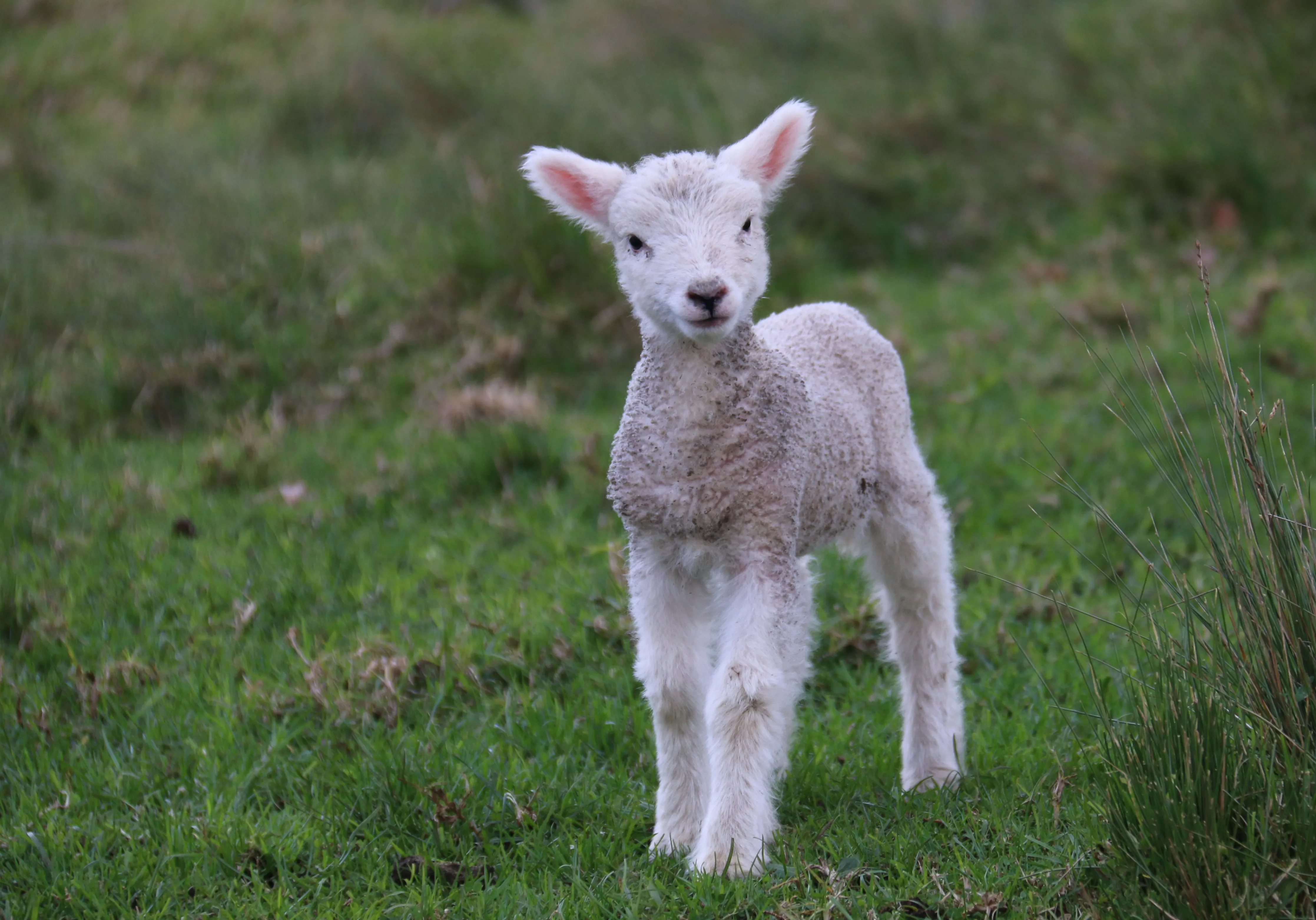Integrating Livestock and Crop Production: A Holistic Approach
Uncover the benefits of integrating livestock and crop production for a holistic and sustainable farming approach. Learn how this synergy enhances soil health, increases farm productivity, and fosters a sustainable ecosystem, vital for modern agriculture.

Introduction
In the pursuit of sustainable agriculture, the integration of livestock and crop production stands as a transformative approach. At Vriksha Farms, we champion this holistic method, recognizing its potential to enhance soil health, increase biodiversity, and boost farm productivity. This blog post delves into the nuances of integrating livestock with crop production, offering insights into its implementation and benefits.
The Symbiosis of Livestock and Crop Production
Integrating livestock with crop production creates a symbiotic relationship where each element supports and enhances the other. Livestock provide natural fertilization through manure, while crops offer feed and forage, creating a closed-loop system that reduces waste and maximizes resource use.
Challenges and Strategies
1. Resource Management: Efficiently managing resources like land and water is crucial. Solution: Implement rotational grazing and crop-livestock rotation to optimize resource use.
2. Balancing Needs: It's essential to balance the needs of both livestock and crops. Solution: Develop a detailed plan that considers the nutritional requirements of livestock and the growth cycles of crops.
3. Environmental Considerations: Addressing potential environmental impacts is vital. Solution: Practice sustainable grazing to prevent soil erosion and maintain soil health.
Best Practices for Integration
1. Rotational Grazing: This involves moving livestock between pastures to allow for regrowth and soil recovery, reducing overgrazing and enhancing soil fertility.
2. Manure Management: Properly managed manure serves as a valuable natural fertilizer, improving soil structure and nutrient content.
3. Crop Diversity: Cultivating a variety of crops ensures a balanced diet for livestock and improves soil health through different root structures and nutrient requirements.
4. Integrated Pest Management: Livestock can help control crop pests, reducing the need for chemical pesticides.
5. Continual Learning and Adaptation: Staying informed about the latest sustainable farming practices is crucial. Vriksha Farms offers resources and training in this area.
Conclusion
The integration of livestock and crop production is not just a farming practice, but a philosophy of sustainability and efficiency. By embracing this holistic approach, farmers can create a self-sustaining ecosystem that benefits the soil, the livestock, and the crops. Vriksha Farms is committed to guiding and supporting farmers in this journey towards a more integrated and sustainable agricultural practice.
Call to Action: Transform your farm into a model of sustainable agriculture. Connect with Vriksha Farms to learn more about integrating livestock and crop production for a healthier, more productive farm.
